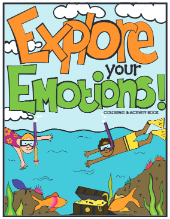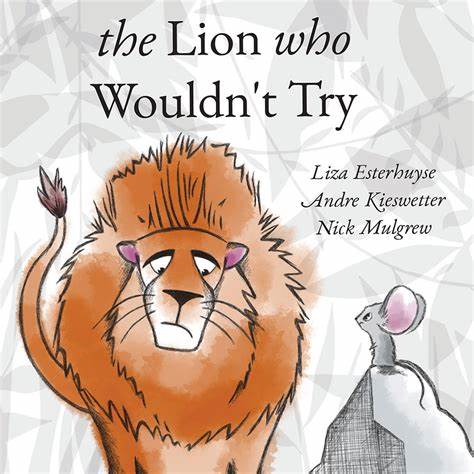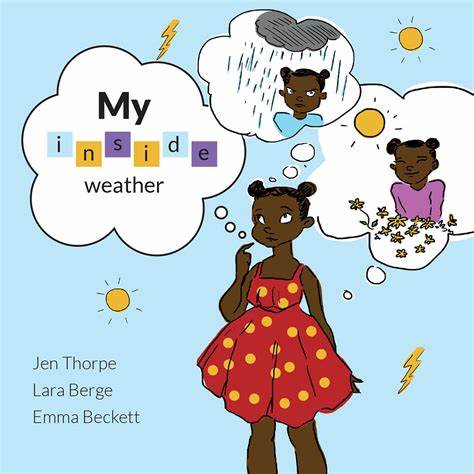PRESCHOOL / KINDERGARTEN
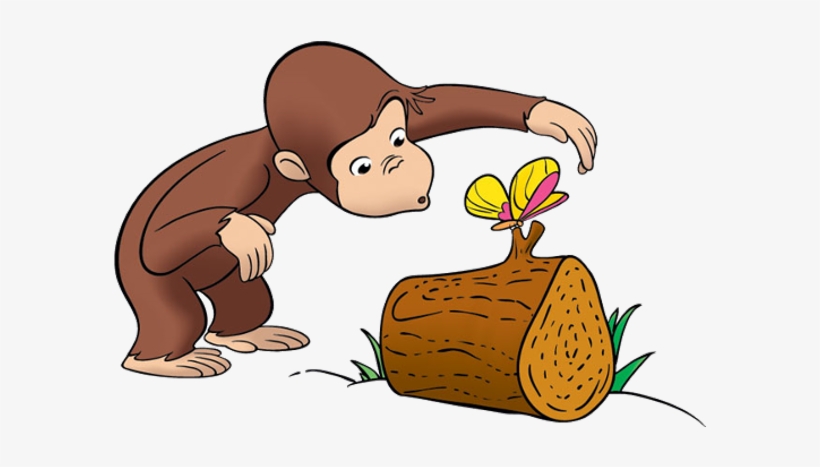
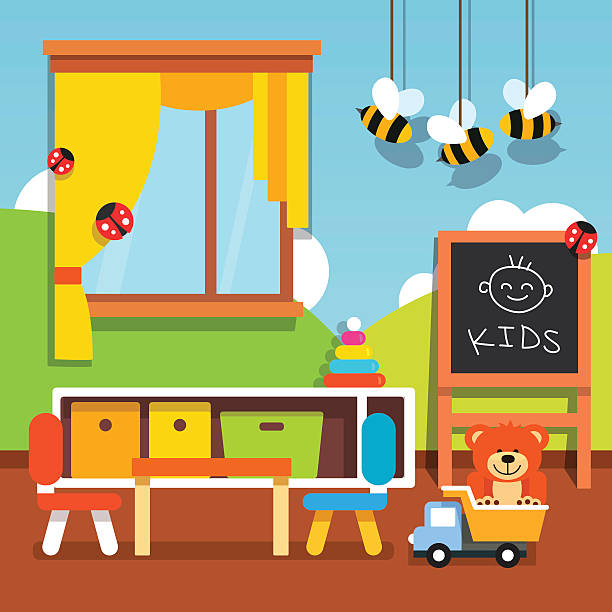
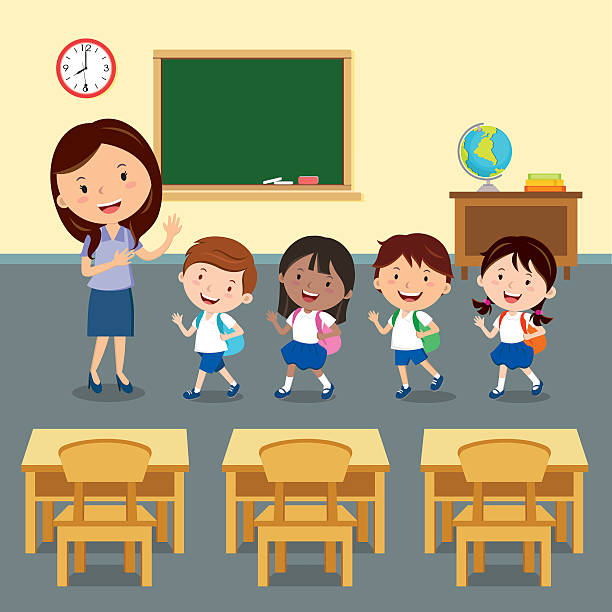
CHILDREN ARE CURIOUS!
For more information on specific ways to support children as an adult in their lives, visit the Parents/Educators page.
HOW DO PRESCHOOL AND KINDERGARTEN KIDS THINK, FEEL, AND BEHAVE IN RESPONSE TO POTENTIALLY STRESSFUL & TRAUMATIC EVENTS?
Knowledge is power! When parents, educators, and professionals understand how children think, feel, and behave, they are better able to support children’s physical and mental health following a stressful or traumatic experience.
Below are some examples of how Preschoolers and Kindergarteners may think, feel, and behave.
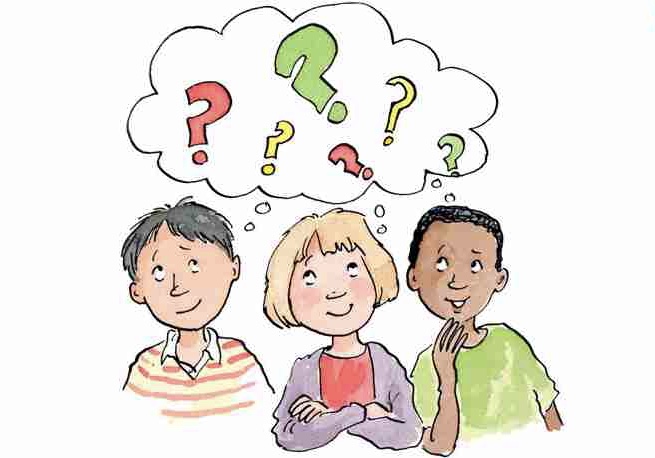
THEIR THINKING
Common ways kids think in general and about the event:
they often know they can't protect themselves
they often do not understand death
they may not understand when the danger is over
they may think the danger will return
they may think they did something wrong or it's their fault
they often do not understand their own or other people's feelings
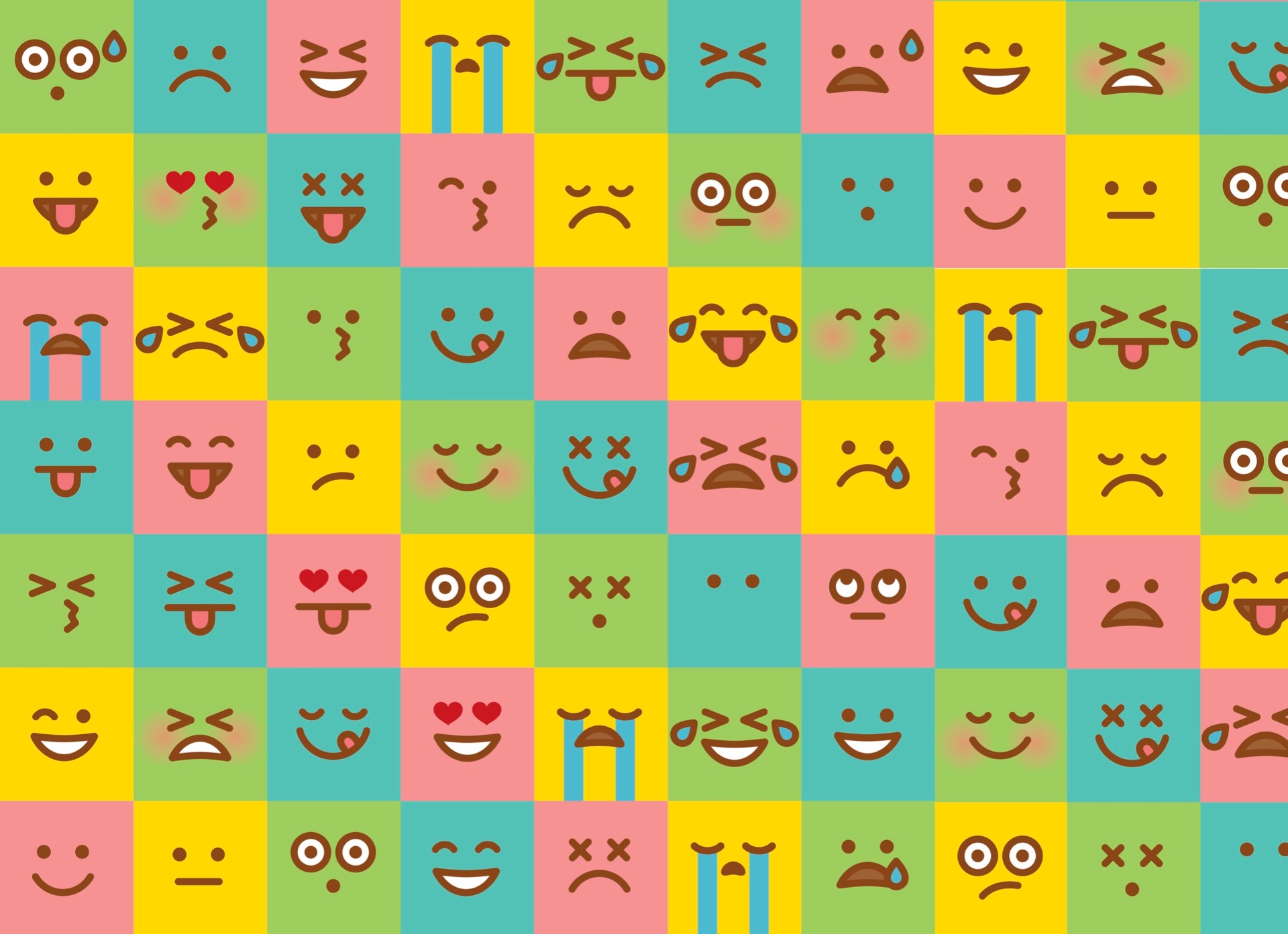
THEIR FEELINGS
Common ways kids feel during and after the event:
they may feel helpless
they may feel scared of things they weren't scared of before
they may feel scared the danger will return
they may feel confused about the event or experience
they may feel upset or angry that things or routines have changed
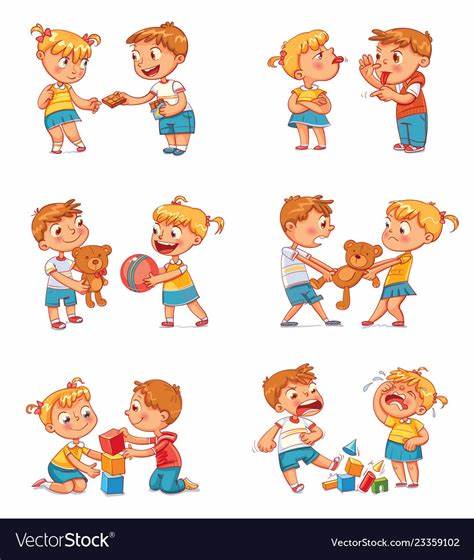
THEIR BEHAVIOR
Common ways kids behave in reaction to the event:
- they may stop talking or have difficulty talking
- they may have issues with sleep
- they may return to earlier behaviors
- they may lose interest in activities they used to enjoy
- they may act out or be more aggressive
However, all children are unique, so your child may think, feel, and behave differently from what is listed above. The most important thing to remember is to create a safe, loving, and supportive environment where children can process the stress and trauma they may have experienced and continue moving forward.




